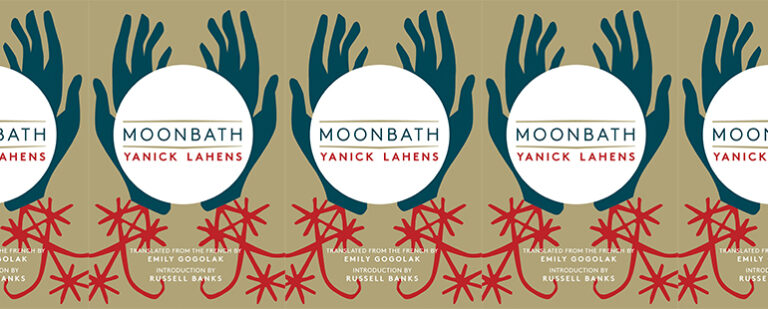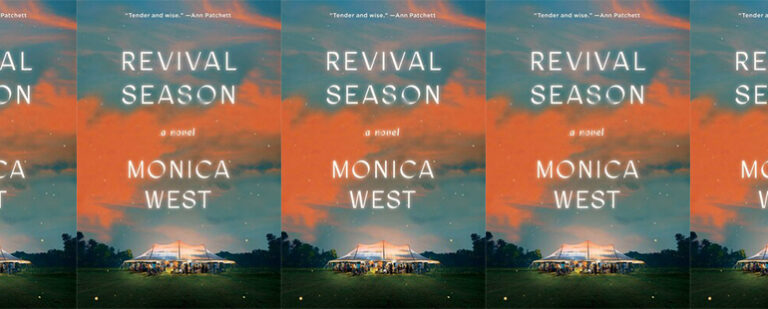“Free Ploughshares” Review: Spring 1982
Issue: Spring 1982
This is a review of a back issue of Ploughshares. The author won our “Free Ploughshares” contest that we hosted earlier this year and agreed to review his/her free issue. This post was written by Jenn Moland-Kovash. Enjoy!
When the 1982 special poetry issue of Ploughshares arrived, I could hardly wait. But first life insisted: Cook dinner! Attend evening meeting! Review son’s spelling words! Gone are my days of folding myself into a scratchy, orange-upholstered chair in the college library, getting lost in the newest issue as soon as it arrived.
At the end of my day, I turn first—as I always have—to the names I know: Hall, Kenyon, Olds. My fingers flipping the pages from 1982, but my eyes are drawn to others along the way—Santos, Glaser. Finally I just stop flitting and turn back to the beginning. Starting more slowly this time, I let out a breath I didn’t realize I was holding, and read.
On my nightstand I have a handful of books that have been there through many cycles of other reading. Books that I pick up, full of good intentions, read a few pages, and then set down, again and again. I want to want to read these books, but there they sit for days, weeks, months. Finally I’ll move them to a bookshelf in another room, tired of their mocking, unread pages. I intended to only peruse the issue, give it an initial glance. I don’t often snuggle in with a collection of poetry. The stories that poetry tells have been condensed, concentrated into precise shards and glimpses of life. On the contrary, I read the 1982 issue of Ploughshares into the night.
Maybe it’s because the issue arrived in October—a resplendent month in the Midwest where I live, days full of color and crispness alternating with days that mark the beginning of wet rot—and poem after poem spoke to me of transition and change. We move from Santos’ morning reflections in “The Beginning of Autumn” to Seiler’s observations of “An Evening in Omaha.” In both we recognize a time of transition when light disrupts or gives way to darkness, more than a time of day, but an opportunity to notice “How close the world feels/ at this hour: / you could almost touch it.” In Celtic spirituality, those times when this world and the next feel barely separated are called the thin places. The time I spent in Mr. Seiler’s Omaha danced with the in-between heat of lovers, a thin place if I’ve ever known one.
I wasn’t “tired from teaching and a little drunk” when I read Jane Kenyon’s “Frost Flowers,” but my soul quieted to read: “You were cruel to him: it is a bitter thing. / The air is damp and cold, / and by now you are a little hungry…” Certainly I have felt the remorse of a harsh word spoken, the lingering feeling of regret drifting into the night, overcome only by the primal need to eat. And so it was that I closed the issue, sated once more with short-line stories that made the world change before my eyes.
Jenn Moland-Kovash serves as a Lutheran pastor in the Chicago area. She has an English degree from Minnesota State University, Moorhead, and a M. Div. from the Lutheran School of Theology at Chicago. Besides the pulpit and church newsletter, her writing has appeared in Currents in Theology and Mission, Homily Service, and on Fidelia’s Sisters, an online publication of the Young Clergy Women Project. She and her writing group will be panelists at the 2012 Festival of Faith and Writing.


